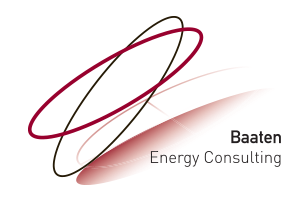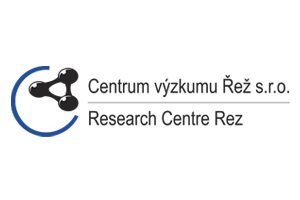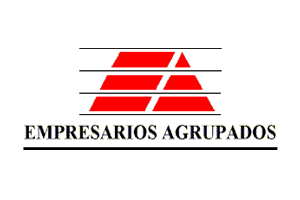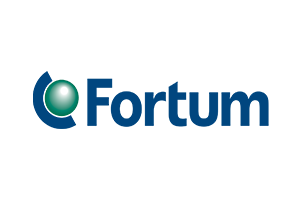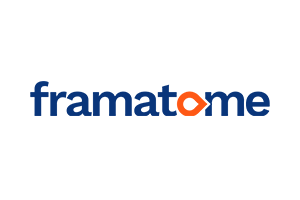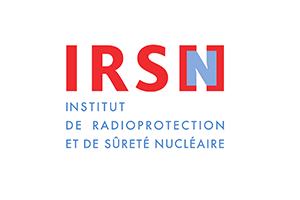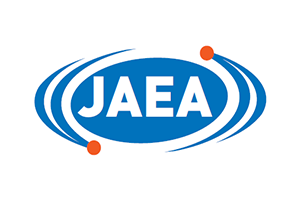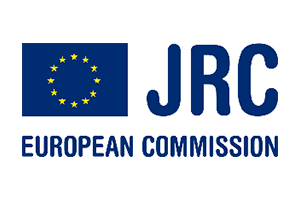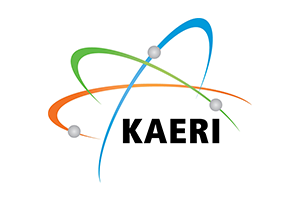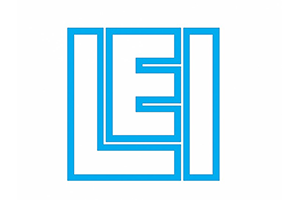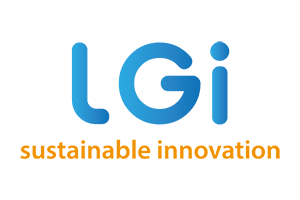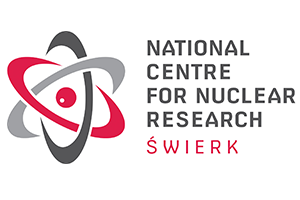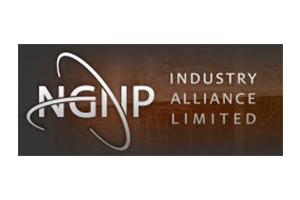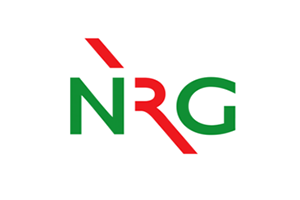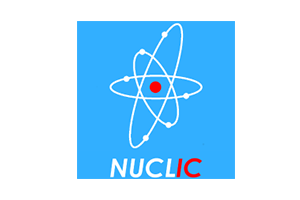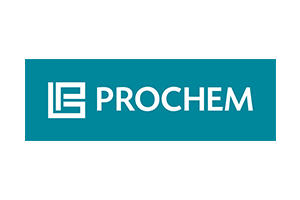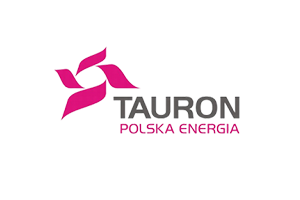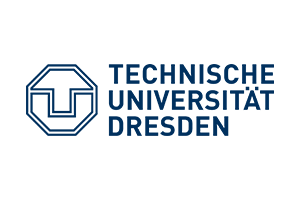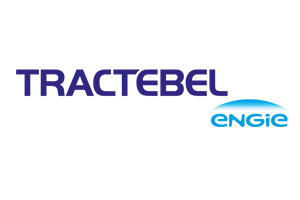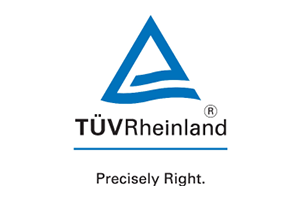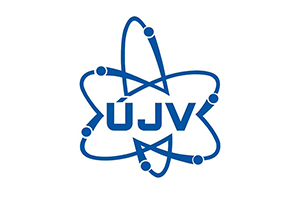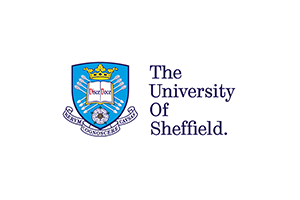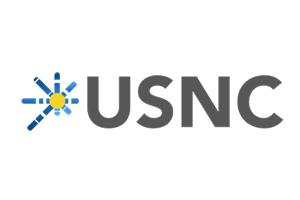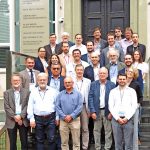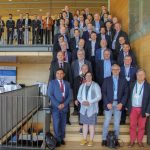About GEMINI+
Launched in September 2017, GEMINI+ aimed to prove the industrial feasibility of nuclear high temperature cogeneration. A demonstration in Poland took place to apply the project’s results.

The research and development activities performed in the GEMINI+ project aimed to support the GEMINI Initiative. Over the course of 36 months, GEMINI+ partners worked together towards the demonstration of high temperature nuclear cogeneration with a High Temperature Gas-cooled Reactor (HTGR).
Launched in September 2017, this European Horizon 2020 project funded under the Euratom programme provided a conceptual design of a high temperature nuclear cogeneration system that supplies process steam to industry, a licensing framework for this system and a business plan for a full scale demonstration.
GEMINI+ built on the knowledge, experimental data and modelling tools acquired in the numerous European R&D projects carried out in the last 18 years, such as RAPHAEL, PUMA, EUROPAIRS, ARCHER and NC2I-R, dedicated to the development of HTGR technology. It also built on the legacy of national programmes and on the inputs of international cooperation, such as the Generation IV international Forum (GIF).
The international partners (American, Japanese and South Korean) involved in the project also contributed to selecting the best options for the GEMINI+ industrial system configuration and demonstration, whilst bringing long-term perspectives.
The American NGNP Industry Alliance for instance provided scientific data and knowledge on the safety aspects of the HTGR technology. In Europe, the history of the UK, France and Germany with HTGR development was useful to the demonstration programme.
A Polish willingness
As one of the key strategic objectives in the GEMINI+ project, the industrial demonstration of a cogeneration HTGR power plant took place in Poland. Members of the Polish government sent support letters to welcome the GEMINI+ proposal while the HTGR technology itself was placed among the national top priorities projects in their 2016 ‘Strategy of Responsible Development’, with perspectives of considerably reducing natural gas imports, which represent the basic heat source for the chemical industry.
In addition, Tauron Polska Energia showed interest for the HTGR technology. Supplying over 50TWh of electricity to over 5.5 million customers per year, Tauron is the largest distributor of electricity in Poland, and the second largest electricity generator and supplier at the national level.
Polish and international engineers and scientists were trained to handle the industrial demonstration with minimised risks.
MORE INFORMATION
GEMINI+ organisation
About the GEMINI Initiative
Latest news
Strategic objectives
The success of the GEMINI+ project depended on the achievement of five strategic outputs.

